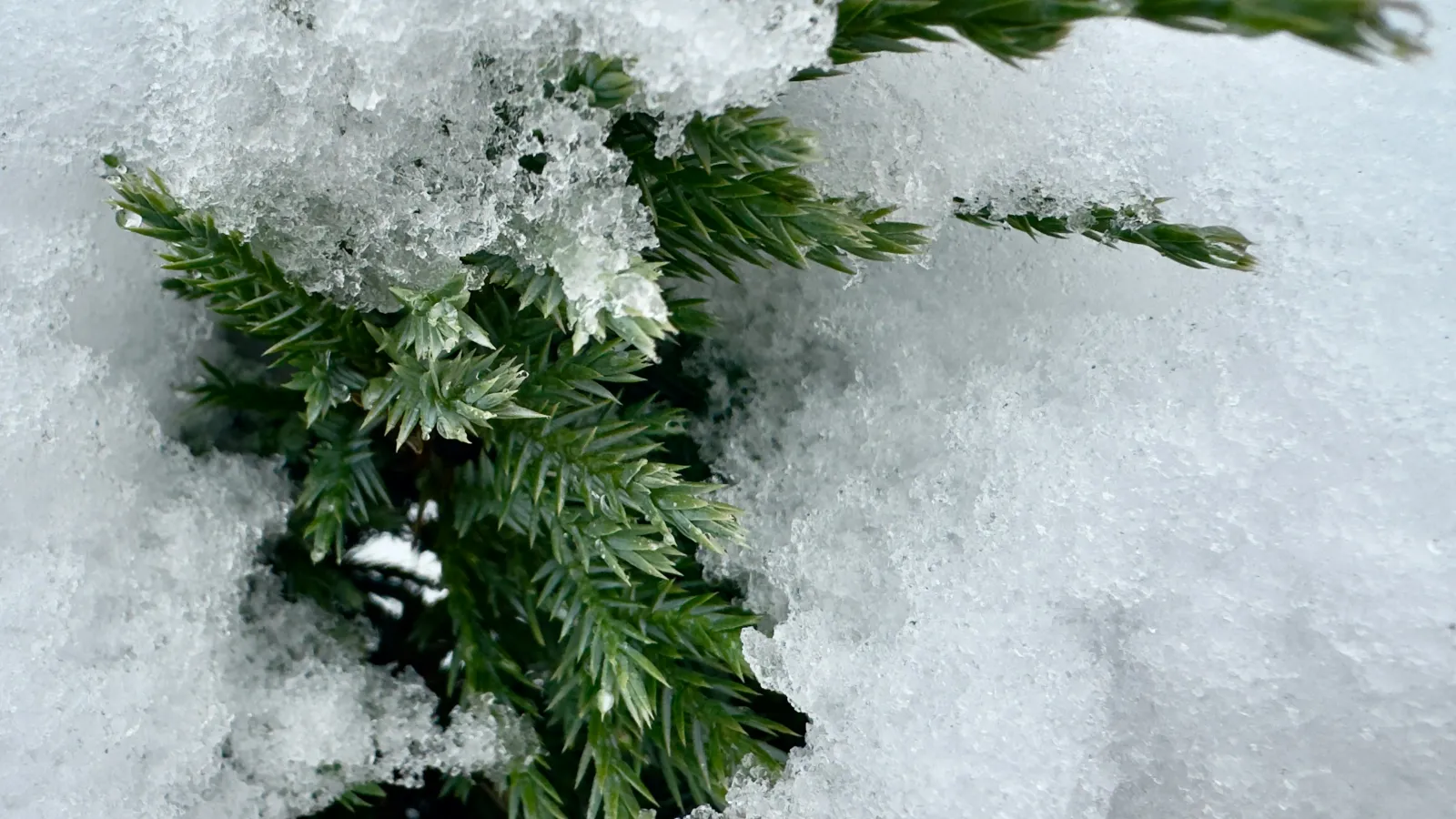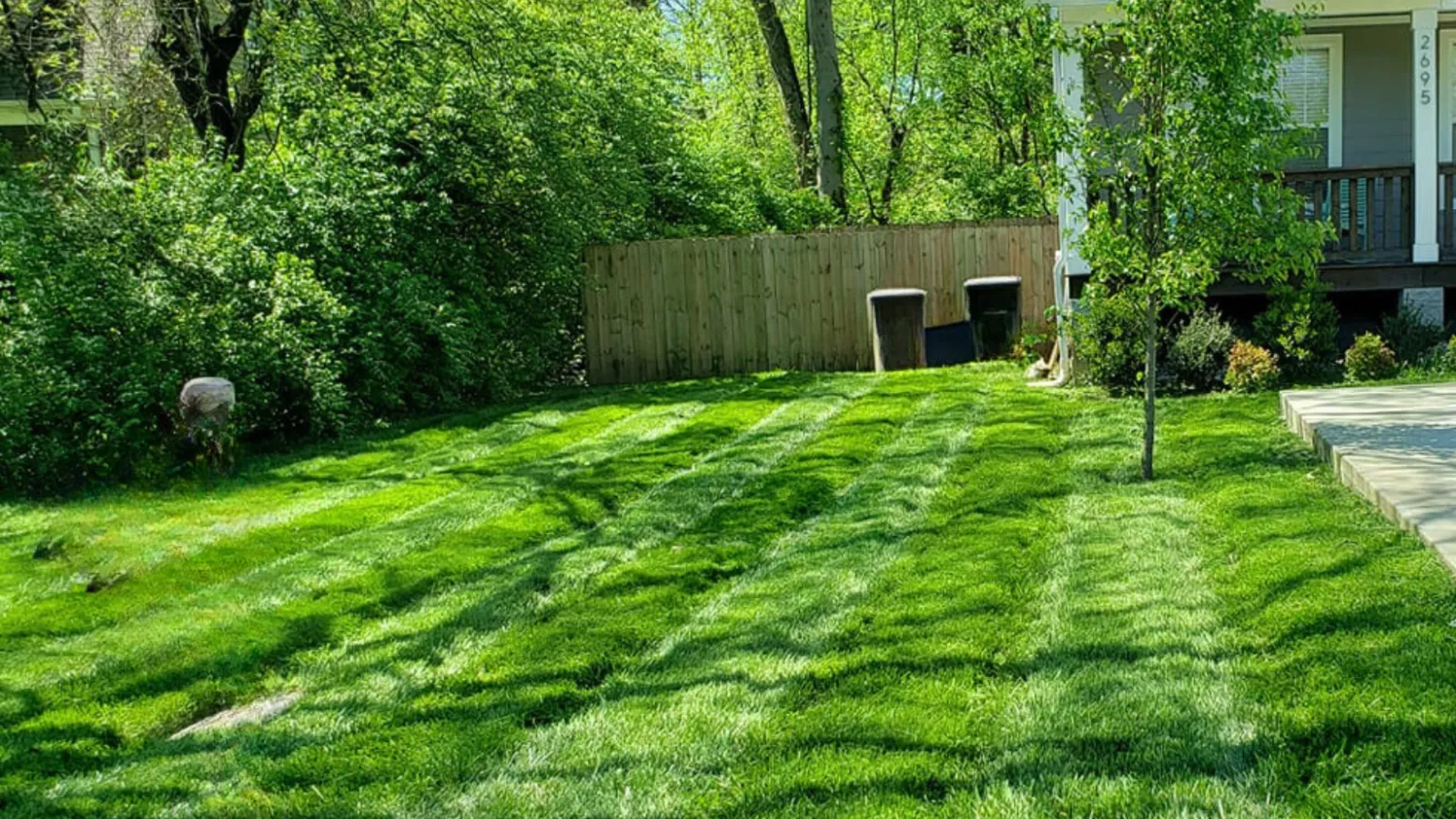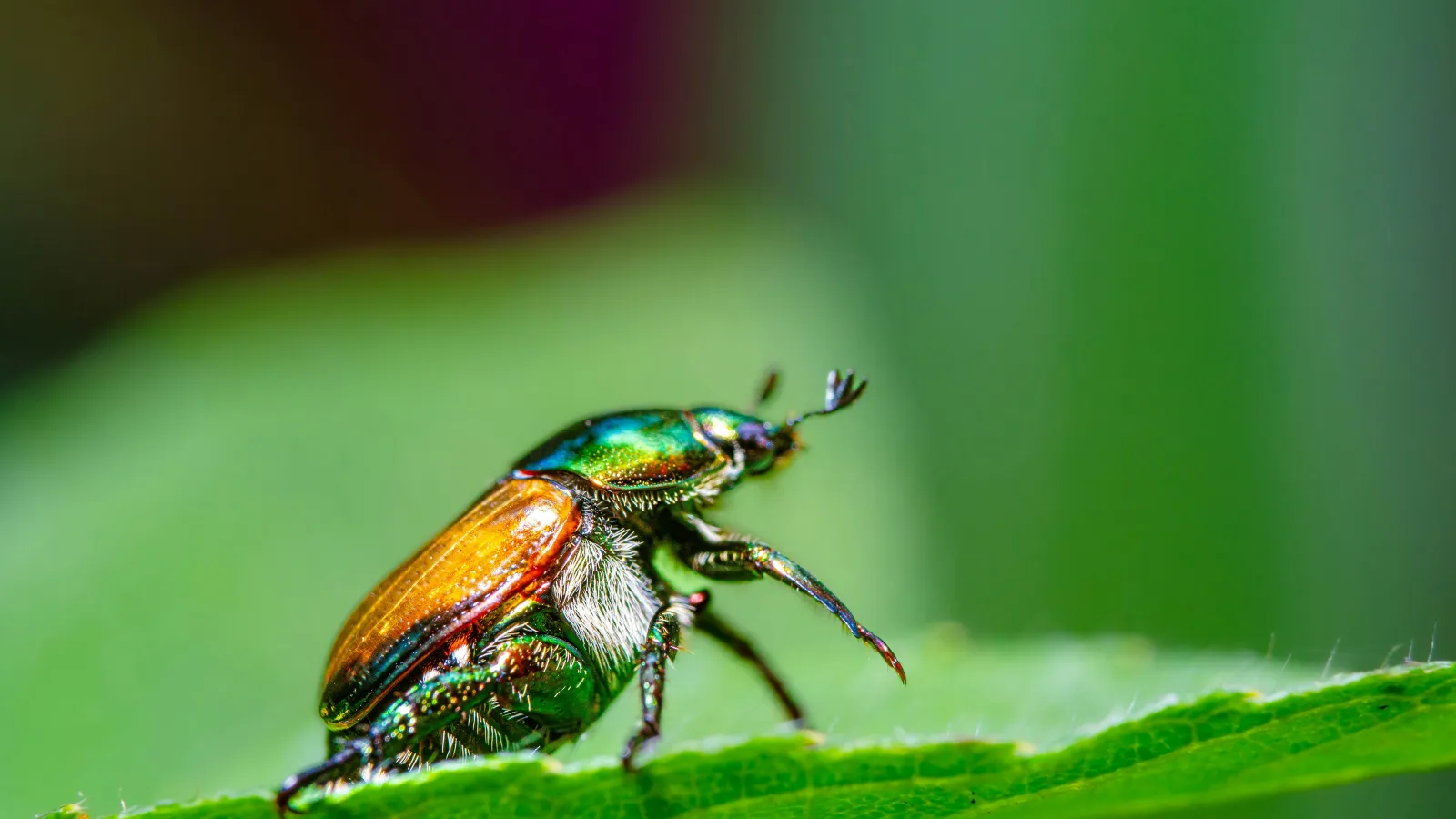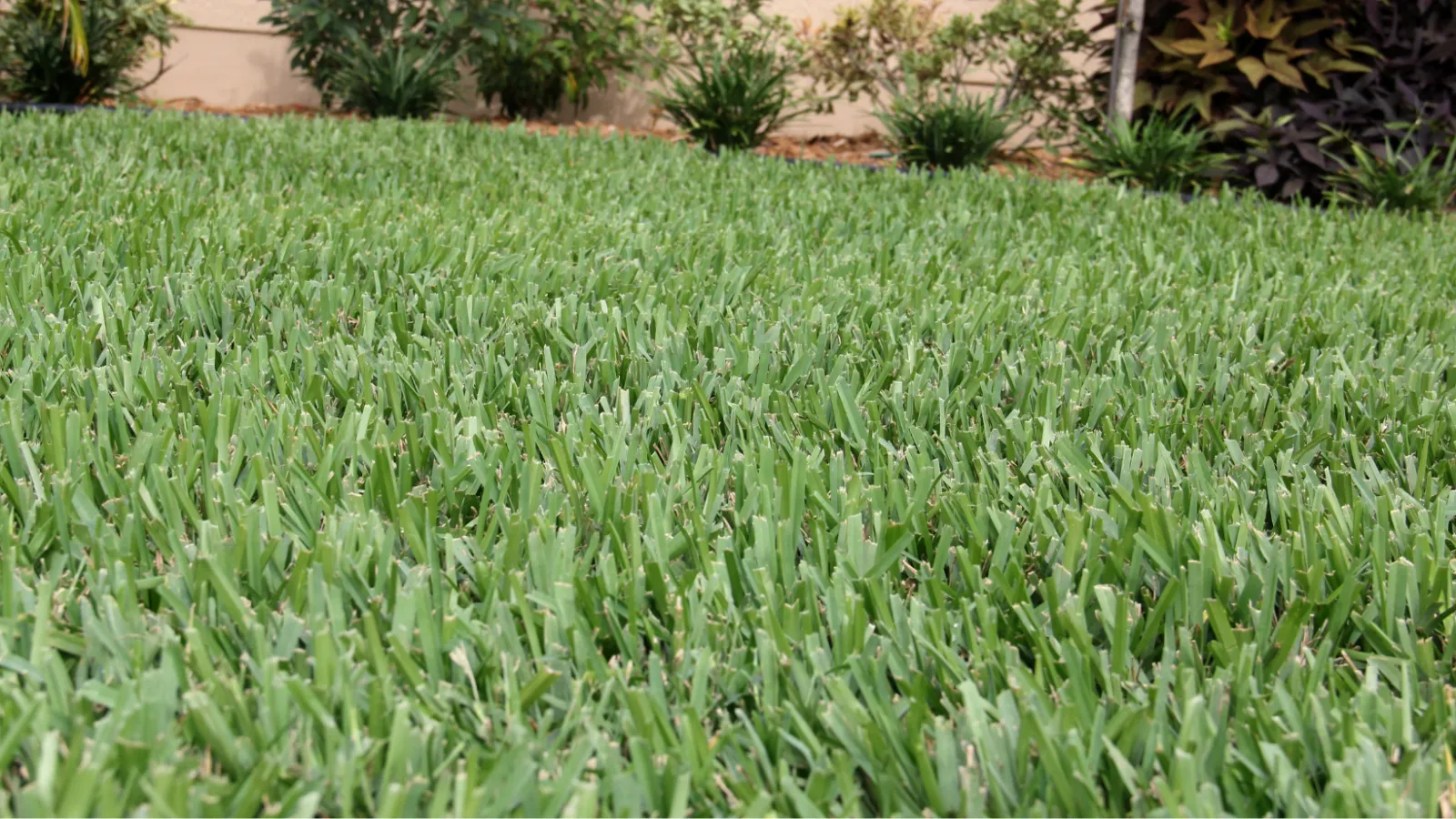
Forget Frosty the Snowman, You Have a Frosty Lawn
After a long, hot summer, it seems surreal to be waking up to frost on our lawn. Frost on your lawn occurs after a cool, clear night when the grass becomes colder than the surrounding air. Depending on the conditions, it can be light and scattered or cover the entire lawn.
How Damage Happens

Frost can harm grass plants by triggering increased release of water through plant pores—this is called transpiration. The moisture coats the plant and during cold night, the moisture freezes forming frost. Internally, the water molecules naturally expand in the freezing process so the plant cells are damaged as the moisture ruptures cell walls.
Thankfully though, a light frost doesn’t freeze the ground; therefore, a frost doesn’t damage the roots.
Stay Off the Lawn
The first rule after a frosty night is to stay off the grass until the air warms. During a frost, the grass blades become dehydrated and brittle. Staying off your lawn prevents leaf breakage. The thawing frost will rehydrate the leaves.
It’s important to be especially careful with Fescue after a frost because the grass is actively growing and you will still be actively mowing. Walking on a frosty Fescue lawn can cause damage to the grass blades. And because Fescue doesn’t spread, you should be very careful not to damage any of the grass by walking on it.
The Night Before
For any turf type, if you are expecting a frosty night, water the night before. A deep watering allows the moisture to evaporate slowly overnight. This evaporation creates friction and heat around the grass blades. As the night air temperature drops, your grass has a slightly higher temperature from the evaporative heat processes; and therefore, cannot reach the freezing temperature needed for water molecule expansion that causes so much widespread turf dieback.
For more information about caring for your lawn before or after a frost, please contact us. We’re happy to help!
Photo credit: thespruce.com


